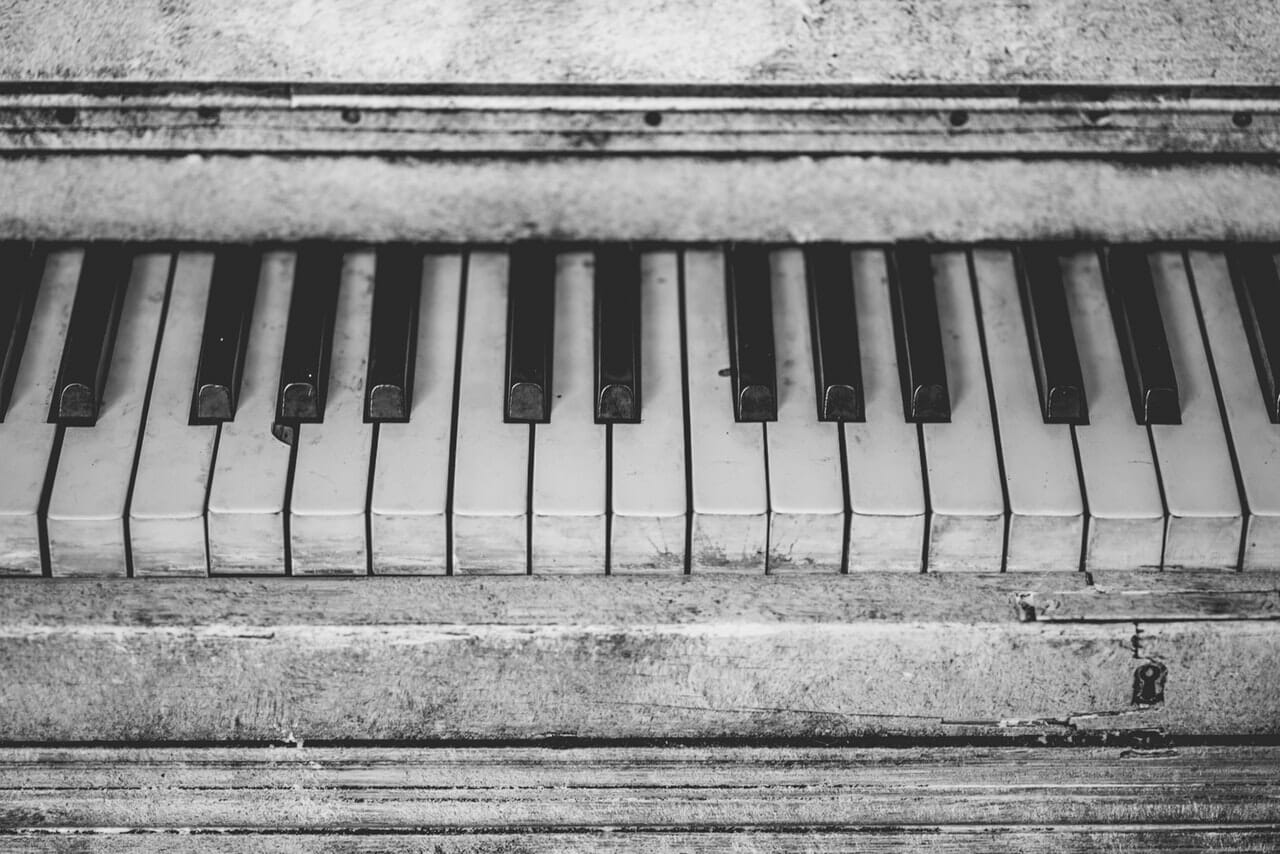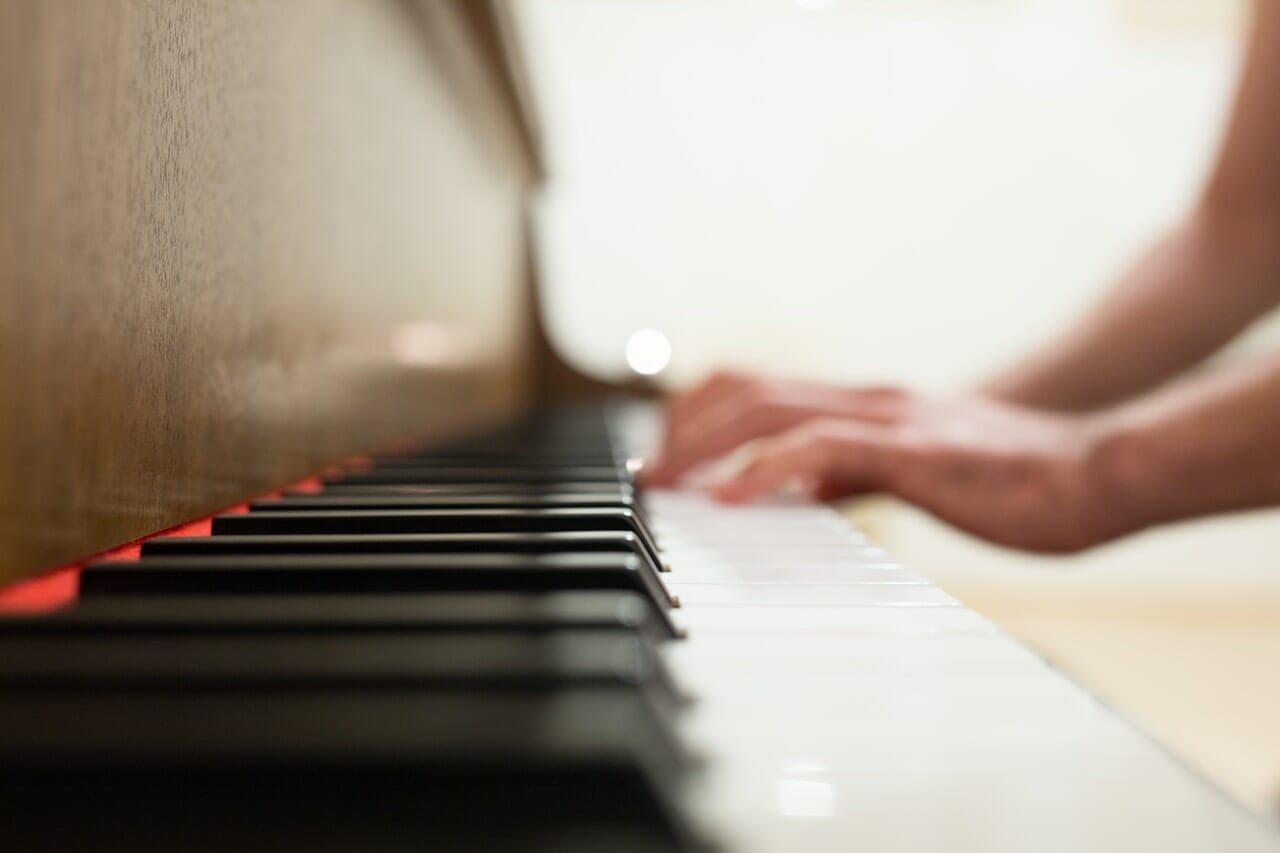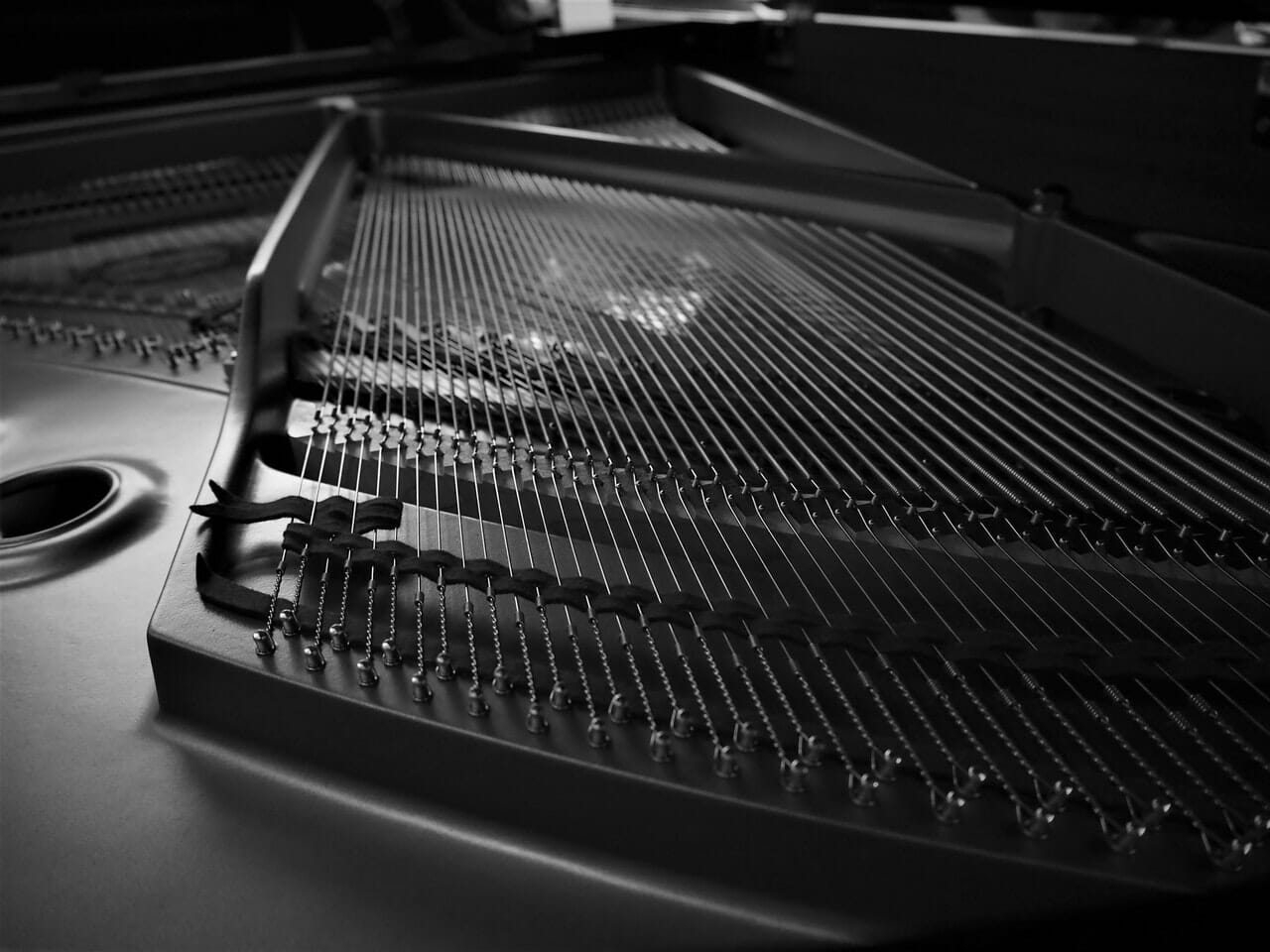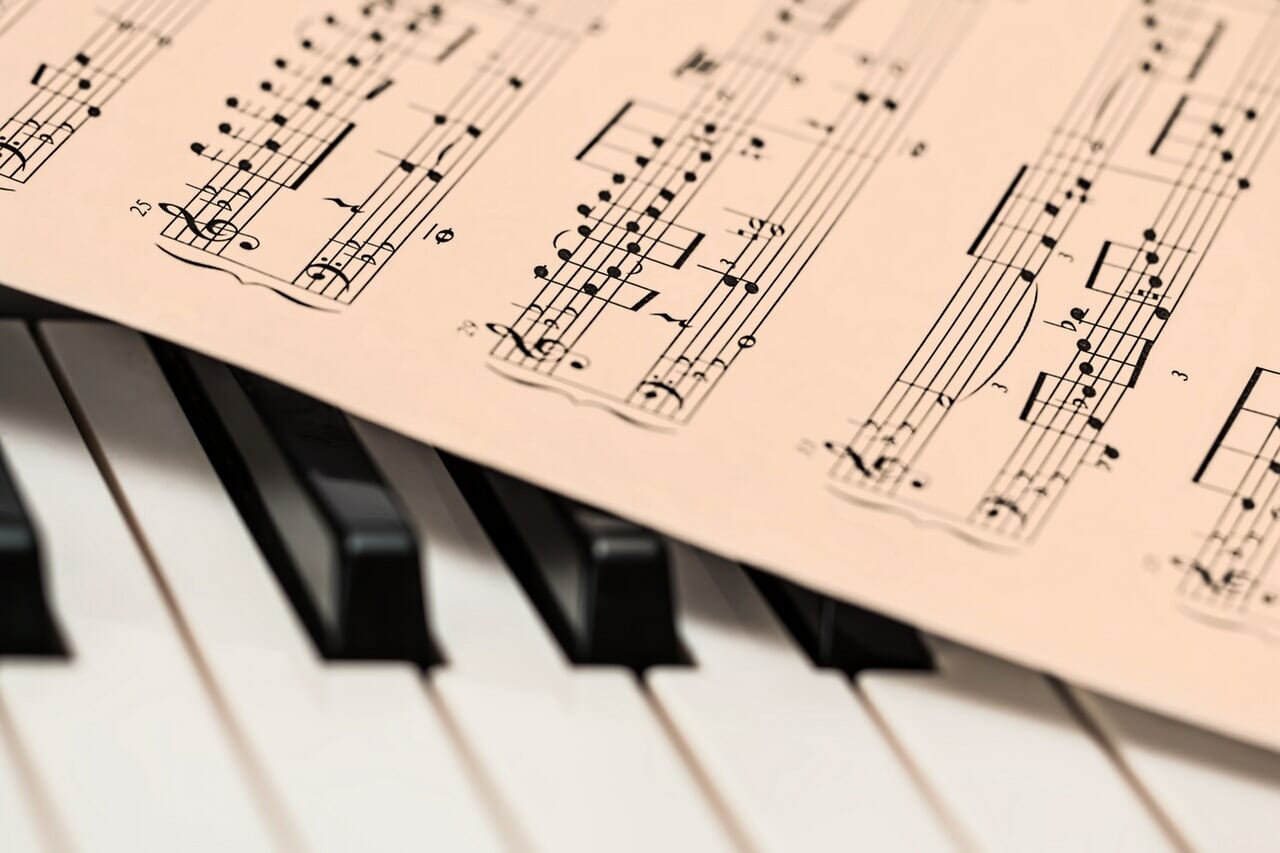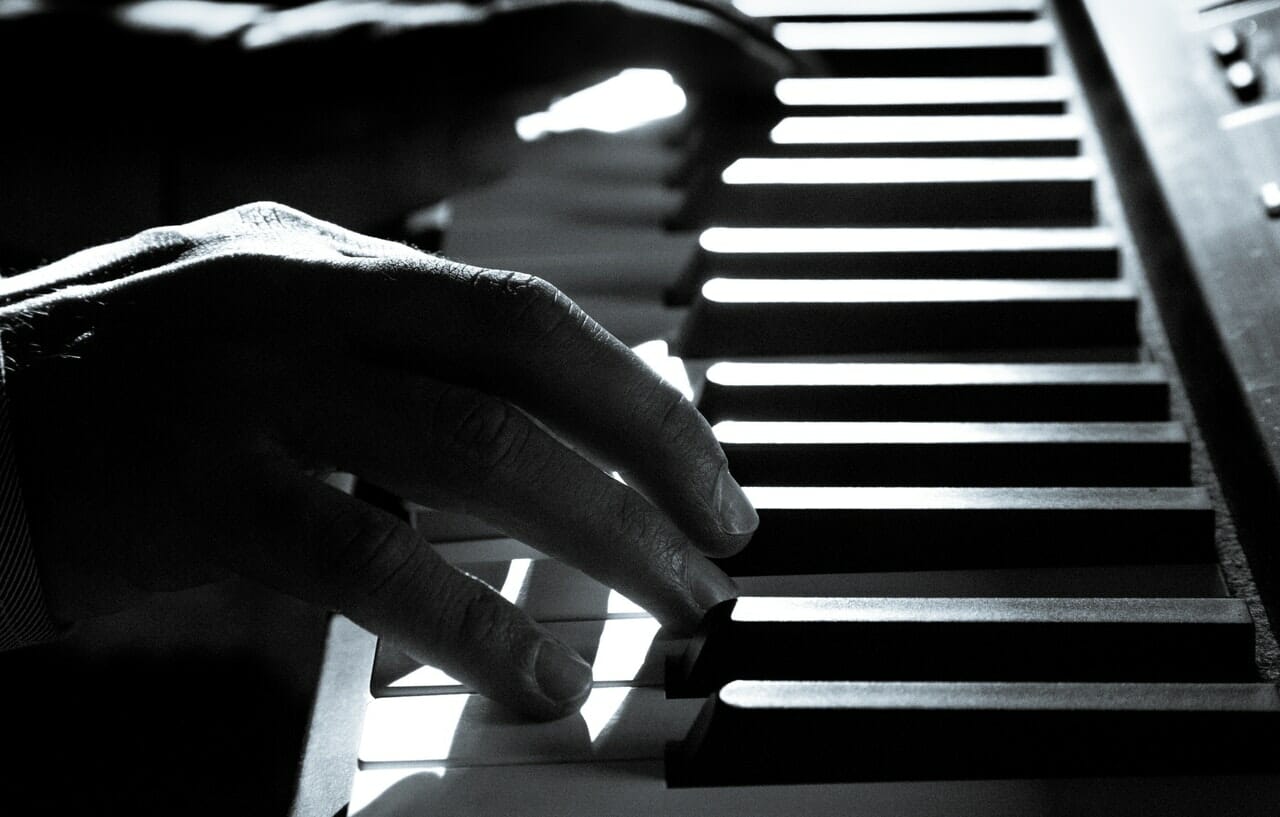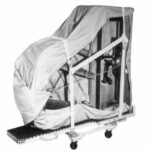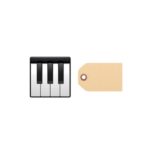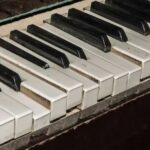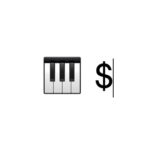It’s not hard to tell that the team here at Chicago Piano Tuners loves pianos! Whether we’re tuning or playing, we can’t get enough of pianos of all ages and styles. If you’re thinking you’ve got a piano in your future, consider these before you buy a piano. It’s a big investment so you want to make sure it’s the right one for you!
Why are you looking to buy a piano?
Pianos are beautiful instruments that provide a lifetime of musical goodness for you and your family. Or they can become the best, biggest, and most expensive laundry folding table you will ever buy. Before making the decision to buy a piano, think about your reasons.
- Is someone in your family a promising or established pianist?
- Are you tired of driving to and from piano lessons at a studio?
- Does your piano student need extra practice time?
Answering yes to any or all of these questions may mean that you’re ready to buy a piano…but where to start?
Do you want a new or used piano?
A new piano means not worrying about much more than regular maintenance and having a warranty while enjoying perfect or nearly perfect pitch but it comes at a higher cost than buying used. However, even new pianos, if they are of lower quality, can change their pitch over time making them quite different than perhaps what you wanted; you may be better off spending the same on a well-kept, higher quality used piano. Your best bet is to take your pianist with you to try new and used pianos.
Play a variety of them, paying attention to the touch of the keyboard and responsiveness of the keys. While some issues can be resolved with piano tuning, you don’t want to be stuck with a lemon of a piano. We recommend visiting a dealer that has both new and used pianos so that you can get a feel for each.
What is your budget to buy a piano?
Addressing why you’re purchasing the piano is a big step toward determining how much you’re willing to spend. If you’ve got a budding pianist on your hands, you likely want a higher quality new or used piano. If you’re not sure of the level of interest or are just looking to re-engage an old hobby, then you might consider a lesser quality. Also consider the space where the piano will be showcased and the cost to move it to your home or studio. The last thing you’d want to happen is that you purchase an expensive, huge piano that won’t fit in your space!
At Chicago Piano Tuners, we are excited that you’re considering buying a piano! Whether new or used, your piano needs regular tuning and we’re happy to help. Schedule yours today.

